Knowledgebase
Kingshay's Knowledgebase - Farming Notes
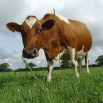
Underperforming grass swards can occur for a number of reasons, such as inadequate crop nutrition, soil structure issues, weed infestation or plant diseases caused by pat...
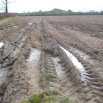
Compacted soil can result in reduced plant growth and crop yield, impeded drainage and increased soil erosion. Forage grown in compacted soil can also have a reduced mine...

Weeds in grass swards are in direct competition with the grass for nutrients and light. Encroachment of weeds will cause financial loss, whether in reduced dry matter yi...
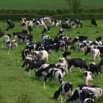
Grazed grass is a very cheap feed, typically with an ME of 11.5-12 and crude protein of 16-20%. Many herd owners and managers underestimate the value of grass and its use...
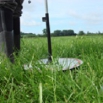
Grazed grass is a very cheap feed, typically with an ME of 11.5-12 and crude protein of 16-20%. Many herd owners and managers underestimate the value of grass and its use...
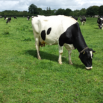
The UK does not often experience the hot temperatures faced this season, the duration of the heat and lack of rain is almost unprecedented. However, it is likely that wit...
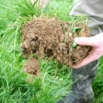
This Farming Note is the fourth part of the sustainable Soil Management Series. It explains What green manures are How these green manures and other crops benefit s...
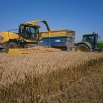
Wholecrop cereals can provide an alternative option for winter forage and are a good substitute for maize in the ration. Choosing the optimum time to harvest will largely...
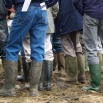
Many farmers see the benefits of maintaining their machinery, but what about their minds? It is often things that are out of farmers’ control; financial pressures, weat...
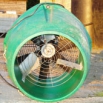
Heat stress in dairy cows can occur at temperatures of 22oC and above. A cow's digestive process creates a lot of heat energy (1.4 kW/day of heat for a cow producing 30 l...

In many areas of the country hedges form an integral part of the countryside. Planting new hedges, and gapping up old ones, helps to maintain the landscape. Hedge plantin...
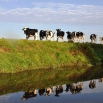
Consistent growth throughout their early years is essential to ensure heifers calve in at the most economical age at first calving of 24 months, but all too often turnout...
